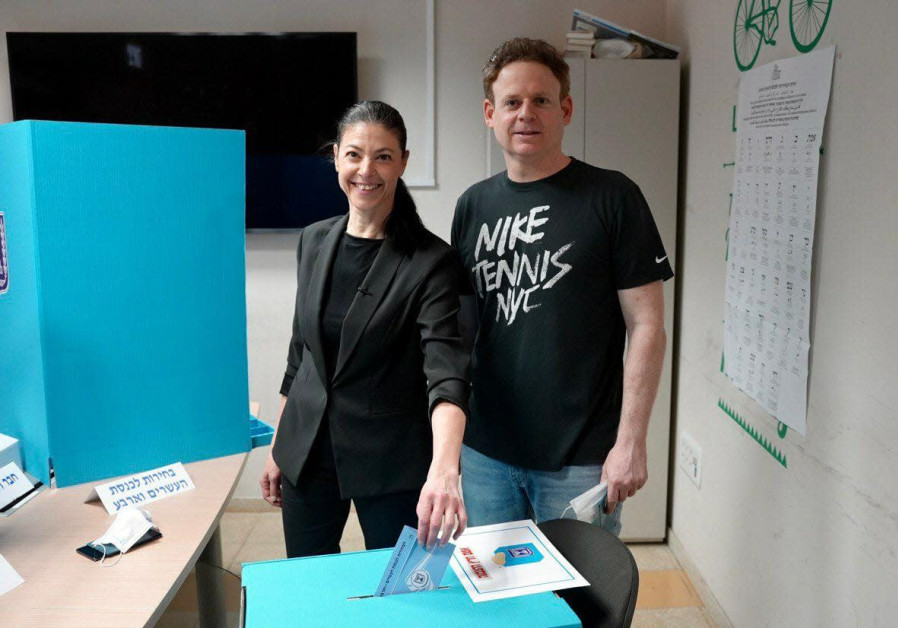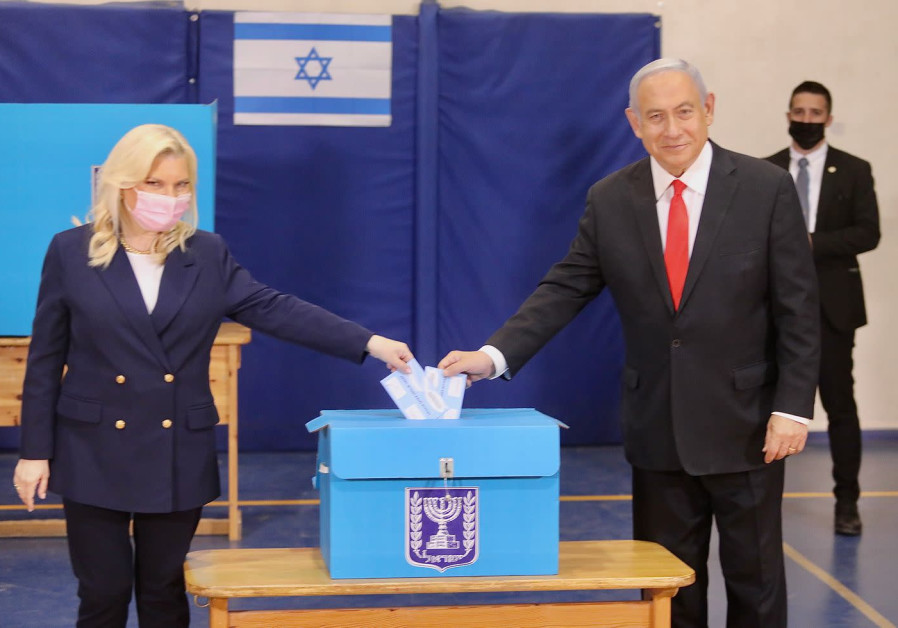
Two parties, not tied to either camp, hold the balance of power and will have a decisive say in deciding who heads the next government or if we are destined for another round: the right-wing Yamina with seven seats, and Ra’am, the Islamist United Arab List, with four seats.
Politicians repeated the mantra that everything should be done to avoid a fifth round of elections and end the political chaos that has paralyzed the country but the initial contacts between the various party leaders made it clear that weeks of arduous coalition-building negotiations are ahead of us with no guarantee of success.
Ahead of his consultations with the party leaders before assigning the task of forming a government to one of them, President Reuven Rivlin said the chaos had weakened Israeli democracy but would not defeat it.
“I hope our elected officials will be wise enough to listen to the people of Israel and hear their demand for unconventional alliances, cooperation between sectors and professional and dedicated work for all Israeli citizens,” he said.
The Likud, aware that there is no love lost between the president and Netanyahu and bearing in mind Rivlin’s friendly ties with New Hope leader Gideon Sa’ar, interpreted his comments as a call for the anti-Bibi camp to unite.
Knesset Speaker Yariv Levin (Likud), together with two Likud ministers, responded by saying that “the president does not decide the results of the election, and it is forbidden for him to be a political player.”
The President’s Residence termed the Likud reaction ‘disrespectful,’ saying it should not have been said.
Although the elections left the country as divided as ever, a majority voted for right-wing parties, if we include the Haredi parties. Benjamin Netanyahu’s problem is that the right-wing parties include both New Hope and Avigdor Liberman’s Yisrael Beytenu, both firmly in the anti-Bibi camp and Yamina, which could end up in ether camp.
A week after the election Netanyahu argued that the public had clearly voted for a right-wing government under his leadership, and called on Naftali Bennett and Gideon Saar to “come home,” let bygones be bygones and to join a government under him.
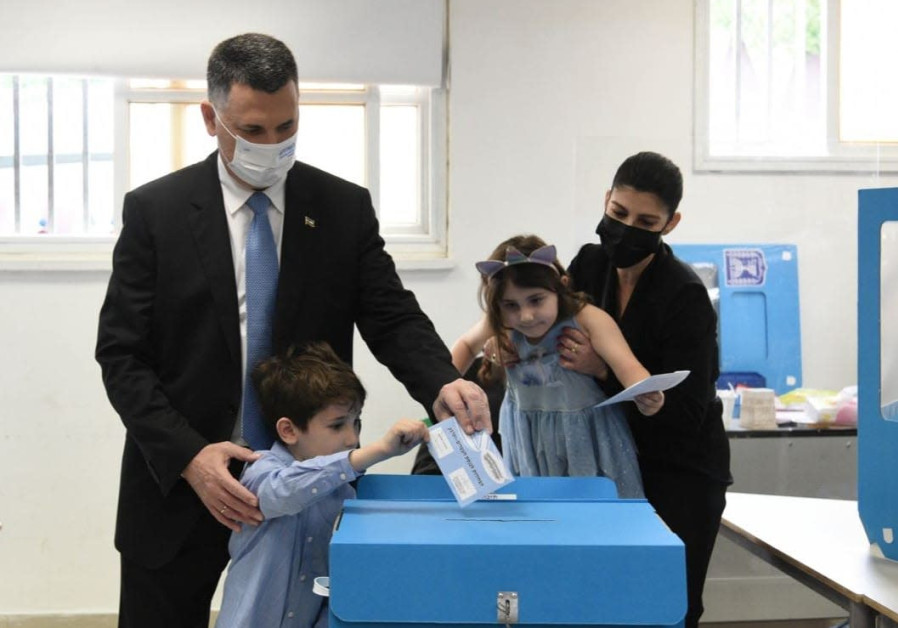
Naftali Bennett’s response was more measured and a few days later he held three hours of talks with Netanyahu over the possibility of joining a Likud coalition.

The prime minister was reportedly willing to offer Bennett any portfolio he desired and to allow Yamina to merge with the Likud with generous guaranteed slots on a unified list. However, he reportedly refused to consider a rotating premiership arrangement- the key prize that could tempt Bennett to join with Netanyahu.
A source close to Netanyahu summed up Bennett’s dilemma: “He’s got two bad options: Going with Bibi, which will end with his being tossed aside like all of his predecessors but retaining his base among right-wing voters, versus his campaign pledge to unite Israel under a government of change. That could cost him right-wing voters if he is forced to sit with Meretz or Labor.”
If Bennett takes the plunge and eventually opts for a Netanyahu government this would still leave such a coalition with 59 seats – two short of a majority.
In order to clinch a majority the prime minister would either have to tempt two Knesset members from the anti-Bibi camp to switch sides or would need the support of Mansour Abbas’s Ra’am, the United Arab List, one of the big winners in the election.
Abbas took a big gamble when he decided to split from the Joint List and run independently. The television exit polls on the night of the election showed him failing to cross the minimum electoral threshold of 3.25 percent required for Knesset representation. However, the count of the actual votes the following morning resulted in a dramatic reshuffling of the pack. Ra’am ended up with 4 seats and Netanyahu’s chances of cobbling together a working coalition were made that much more difficult.
Abbas – just like Bennett – emerged as a potential coalition kingmaker.
Ra’am represents the Israeli branch of the radical Muslim Brotherhood although Abbas has adopted a pragmatic tone in recent months, making it clear that he is willing to strike a deal with either Netanyahu or the anti-Bibi camp if such a move will benefit his constituency.
In a speech in Nazareth nine days after the election, broadcast live by Israel’s three main television networks, he stressed the need for coexistence based on genuine equality.
“I am a proud Arab and a member of the Islamic Movement, a citizen of Israel, and the head of the most important political movement in the Arab sector, and I extend my hand, on behalf of my friends in the Arab community that elected us, to create an opportunity for coexistence in the land that is holy to the three faiths.”
He emphasized that his party “disavows any form of violence.”
However, Netanyahu’s plans for a coalition that would be dependent on the support of Ra’am appeared to be dashed by one of his natural coalition partners, the far-right Religious Zionist Party, led by Bezalel Smotrich, which also includes Itamar Ben-Gvir, a former supporter of the late Rabbi Meir Kahane’s outlawed racist Kach party.
“Abbas was and remains a supporter of terrorism who makes pilgrimages to embrace those who murdered Jews, does not accept the Jews’ right to exist as a people in their country in the Jewish state, and continues to adhere to the Palestinian narrative that simply contradicts the Jewish one,” Smotrich wrote after the Nazareth speech.
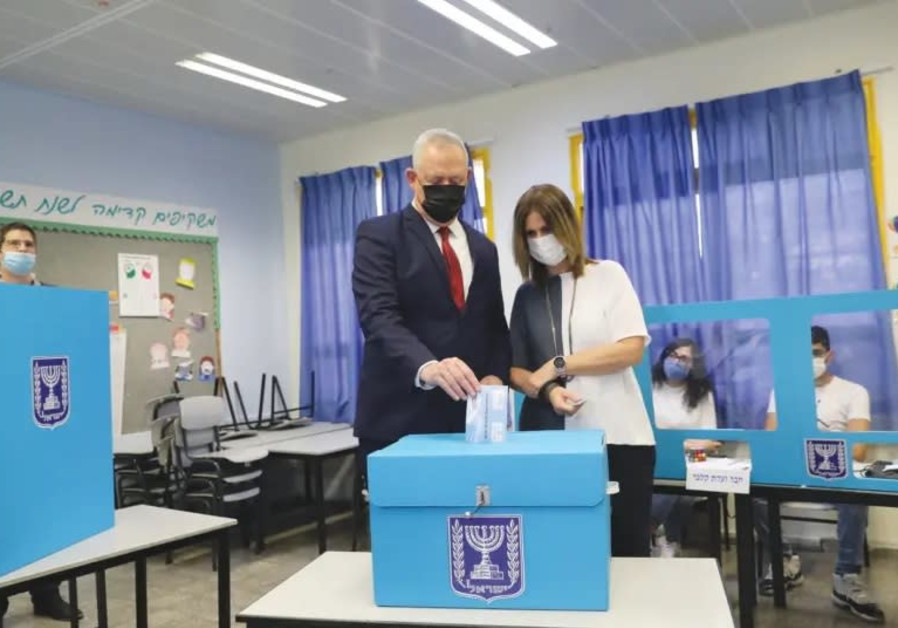
In the anti-Bibi camp the parties opposed to Netanyahu found it difficult to come up with a consensus candidate for prime minister. The centrist Yesh Atid, led by Yair Lapid, the second-largest party with 17 seats, is the dominant party in the camp but both New Hope and Yamina declared during the campaign that they wouldn’t join a government headed by Lapid, preferring a candidate from the right.
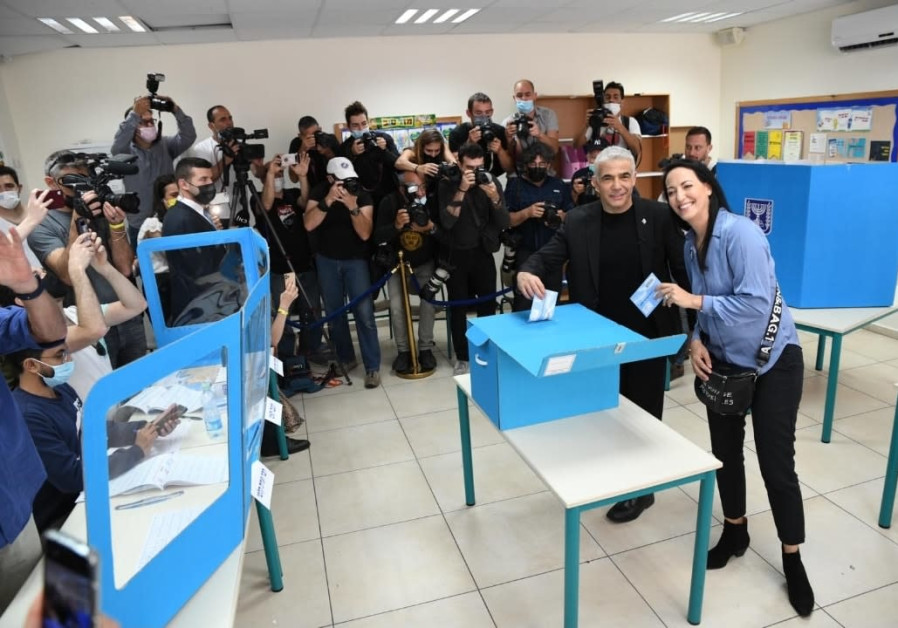
One possibility is that Yamina leader Naftali Bennett may be tempted to join the camp if this guarantees him the position of prime minister, particularly if he is guaranteed to serve first in a rotating premiership agreement. Such an “emergency government” would probably serve for a limited period to end the political chaos and deal exclusively with the health and economic aspects of the COVID-19 crisis, putting more contentious issues to the side.
However, such an anti-Bibi coalition would also need the support of one or both of the Arab parties, something Yamina and New Hope are reluctant to endorse.
According to a poll ahead of the president’s consultations with the party leaders, a majority of Israelis said they did not believe a government would be formed.
Asked if they think a government will be formed, 53 percent of respondents to the Channel 12 news survey said no, while 37% said a governing coalition will be established.
When Netanyahu appeared in the Jerusalem District Court on April 5 at the start of the witness stage of his corruption trial he did so as acting prime minister. On the other side of the city, President Rivlin was hosting the party delegations to hear their recommendations for who should be given the task of forming the next government.
